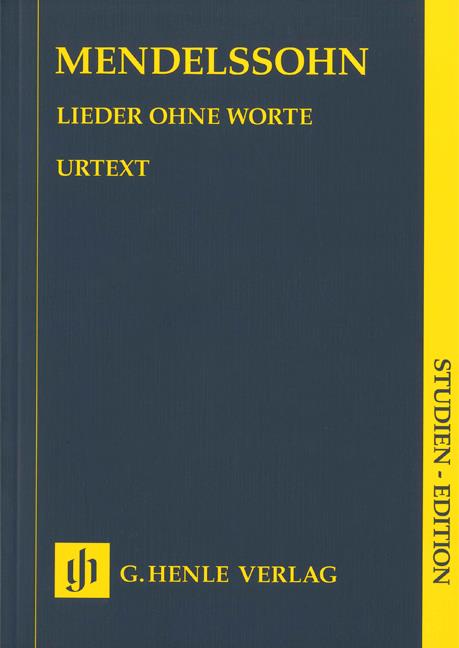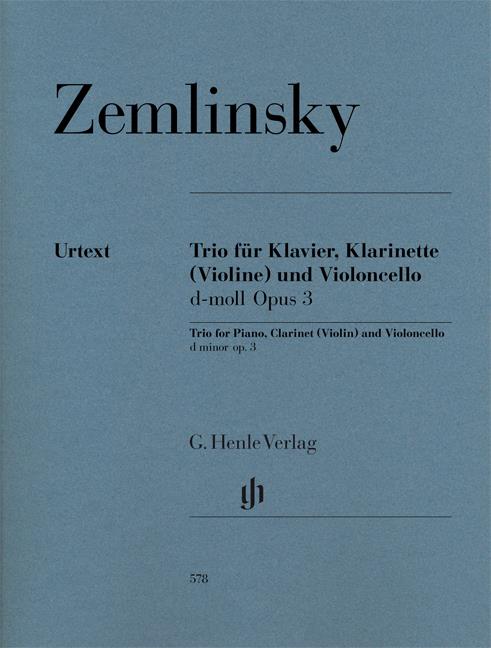String Quartets Volume II
After Volumes IV and III of the series with Mozart’s complete string quartets appeared as Henle Urtext editions in early 2017 and 2019 respectively, Mozart expert Wolf-Dieter Seiffert now presents Volume II – in full score and individual parts. Included are the “Early Viennese Quartets” from 1773, K. 168–173. Entries in the autograph manuscript by the composer’s father Leopold, however, suggest that the ordering of the six works into a unified series of quartets was his doing. In his preface, Wolf-Dieter Seiffert shares brand-new findings on the actual chronology of the genesis of these quartets. Moreover, he succeeds in correcting what in prior editions were occasionalinaccuracies in dynamics and articulation, thereby producing a new, assured musical text. With artistic input from the Armida Quartet, Volume II of the String Quartets also sets the benchmark in the Mozart Edition! After Volumes IV and III of the series with Mozart’s complete string quartets appeared as Henle Urtext editions in early 2017 and 2019 respectively, Mozart expert Wolf-Dieter Seiffert now presents Volume II – in full score and individual parts. Included are the “Early Viennese Quartets” from 1773, K. 168–173. Entries in the autograph manuscript by the composer’s father Leopold, however, suggest that the ordering of the six works into a unified series of quartets was his doing. In his preface, Wolf-Dieter Seiffert shares brand-new findings on the actual chronology of the genesis of these quartets. Moreover, he succeeds in correcting what in prior editions were occasionalinaccuracies in dynamics and articulation, thereby producing a new, assured musical text. With artistic input from the Armida Quartet, Volume II of the String Quartets also sets the benchmark in the Mozart Edition!



























